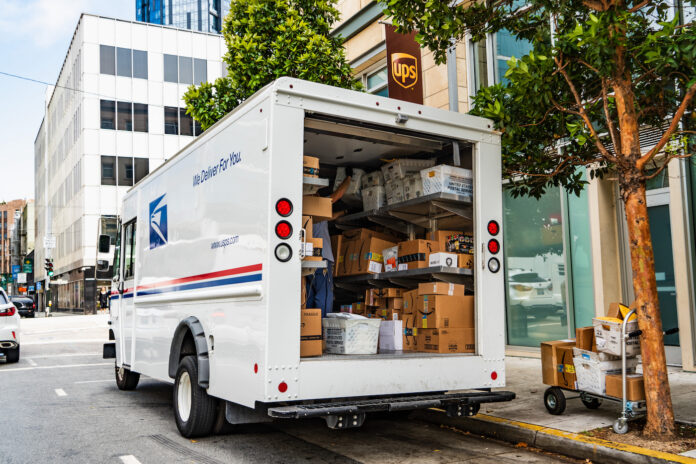WASHINGTON D.C. – Small-scale and legacy cultivators stand to benefit immensely from the “Small and Homestead Independent Producers (SHIP) Act,” which would allow small cannabis growers to sell and ship products directly to consumers across state lines. The bill, filed in mid-September by Rep. Jared Huffman (D-CA) and Rep. Earl Blumenauer (D-OR), is intended to support small growers across the country struggling to compete against large corporations, once cannabis is federally legalized.
“Under my bill, folks in our state will be able to ship their products straight to consumers when the antiquated federal prohibition on cannabis is finally repealed,” Huffman said in a statement. “As large commercial cannabis operations squeeze out local producers from the market, this legislation is critical for farmers to survive and expand their small businesses. We cannot leave our smallest family farmers behind under full legalization.”
As efforts toward federal legalization continue, the SHIP Act addresses concerns that smaller businesses will struggle to expand their operations at the same level as multistate operators that have far greater access to resources and infrastructure.
According to the text of the legislation, a “small cultivator of marijuana and a small manufacturer of a marijuana product may ship and sell marijuana or a marijuana product to an individual located in that State or another State in which possession of marijuana or the marijuana product is lawful by that individual, using the Postal Service or any private or commercial interstate carrier.”
A small cultivator is defined in the legislation as one who “cultivates one acre or less of mature flowering marijuana plant canopy using greenhouse cultivation, or 5,000 square feet or fewer of mature flowering marijuana plant canopy using indoor cultivation.” A small manufacturer meets the definition if they produce “a manufactured marijuana product, including a salve, tincture, edible, or concentrate, with a gross annual revenue of less than $5,000,000, inclusive of all marijuana product manufactured by that person.”
Huffman told Marijuana Moment small cannabis producers provided input in developing the bill’s definitions. “I don’t think you’re going to see a lot of the mega farms in my district [after federal legalization],” he told the news outlet. “You’re going to see a lot of mom-and-pop operations trying to keep the lights on.”
Equity advocates view the bill as a positive step toward promoting economic diversity in an industry that has seen domination by large corporate interests at the intrastate level and toward aiding small businesses in maintaining their operations.
“Direct-to-consumer shipping is the critical tool that enables a diversified market to survive and thrive,” said Ross Gordon, policy director at Humboldt County Growers Alliance. “Cannabis is no different. The SHIP Act moves the conversation beyond the question of who can get a license to cultivate cannabis and addresses the practical reality of building an equitable and accessible market for small cannabis producers.”
The Parabola Center for Law and Policy endorsed the SHIP Act as the “first federal marijuana bill [they] have ever endorsed,” according to co-founder Shaleen Title.
“This is the only legislation so far that takes cannabis policy beyond the Big Tobacco model of industry domination and toward the craft cannabis model that benefits both small businesses and consumers,” Title said.












